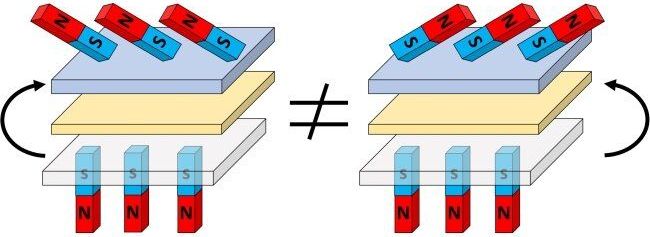CHICAGO (AP) — Newer drugs are substantially improving the chances of survival for some people with hard-to-treat forms of lung, breast and prostate cancer, doctors reported at the world’s largest cancer conference.
Among those who have benefited is Roszell Mack Jr., who at age 87 is still able to work at a Lexington, Kentucky, horse farm, nine years after being diagnosed with lung cancer that had spread to his bones and lymph nodes.
“I go in every day, I’m the first one there,” said Mack, who helped test Merck’s Keytruda, a therapy that helps the immune system identify and fight cancer. “I’m feeling well and I have a good quality of life.”








